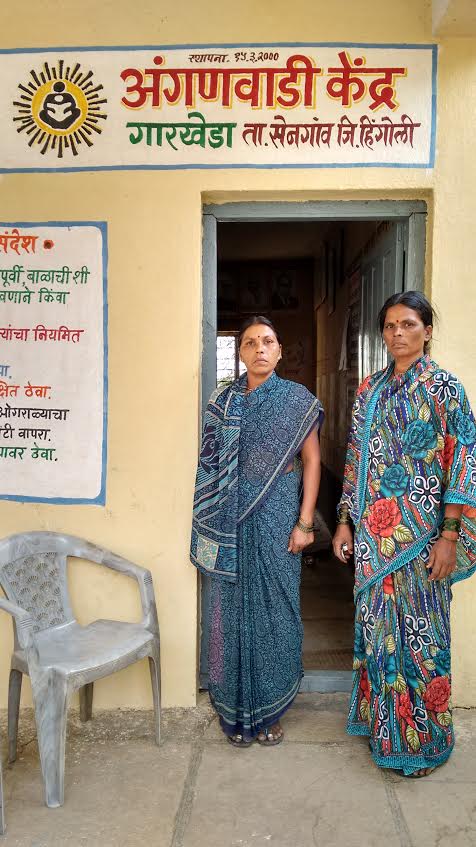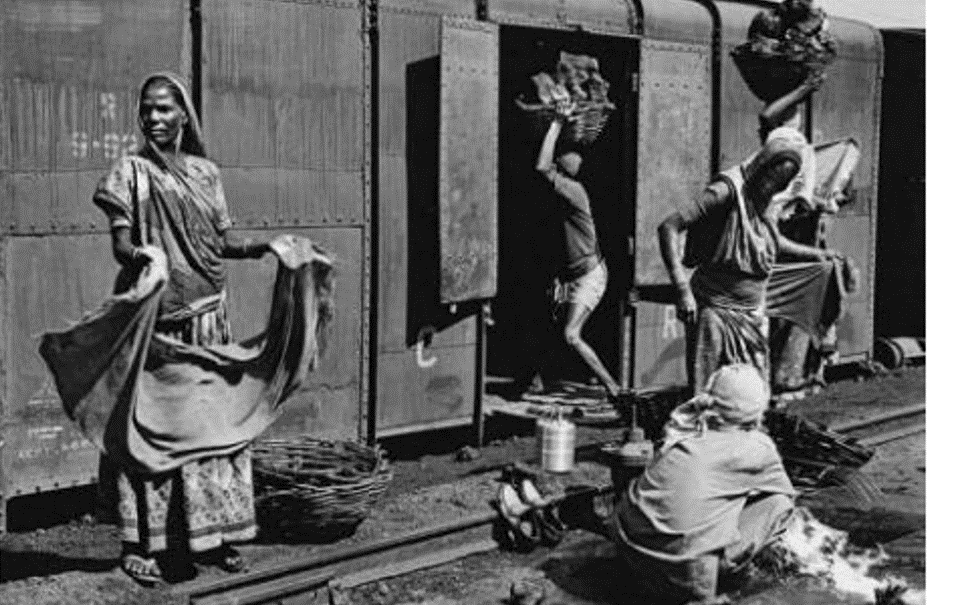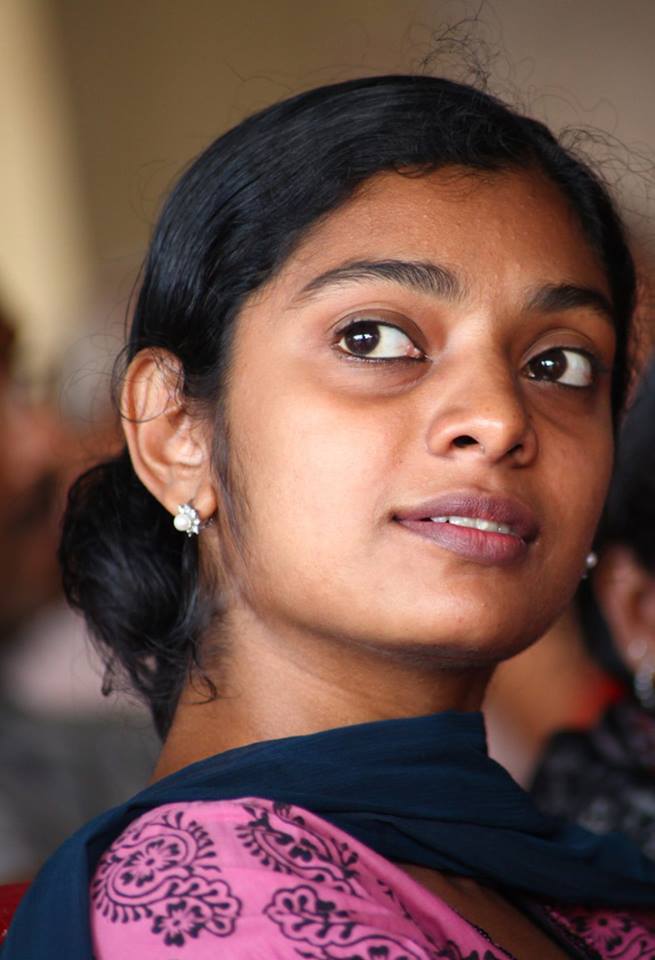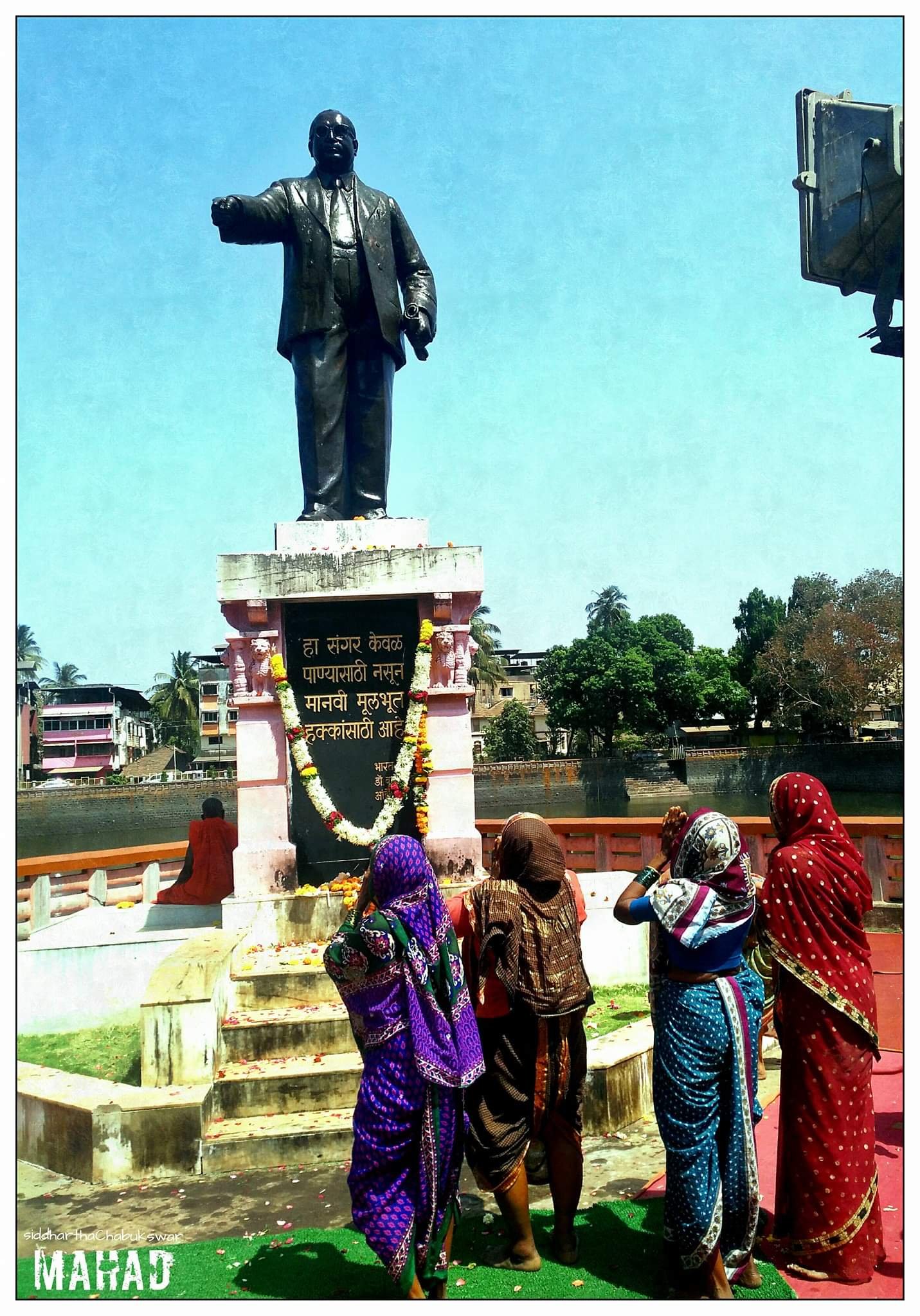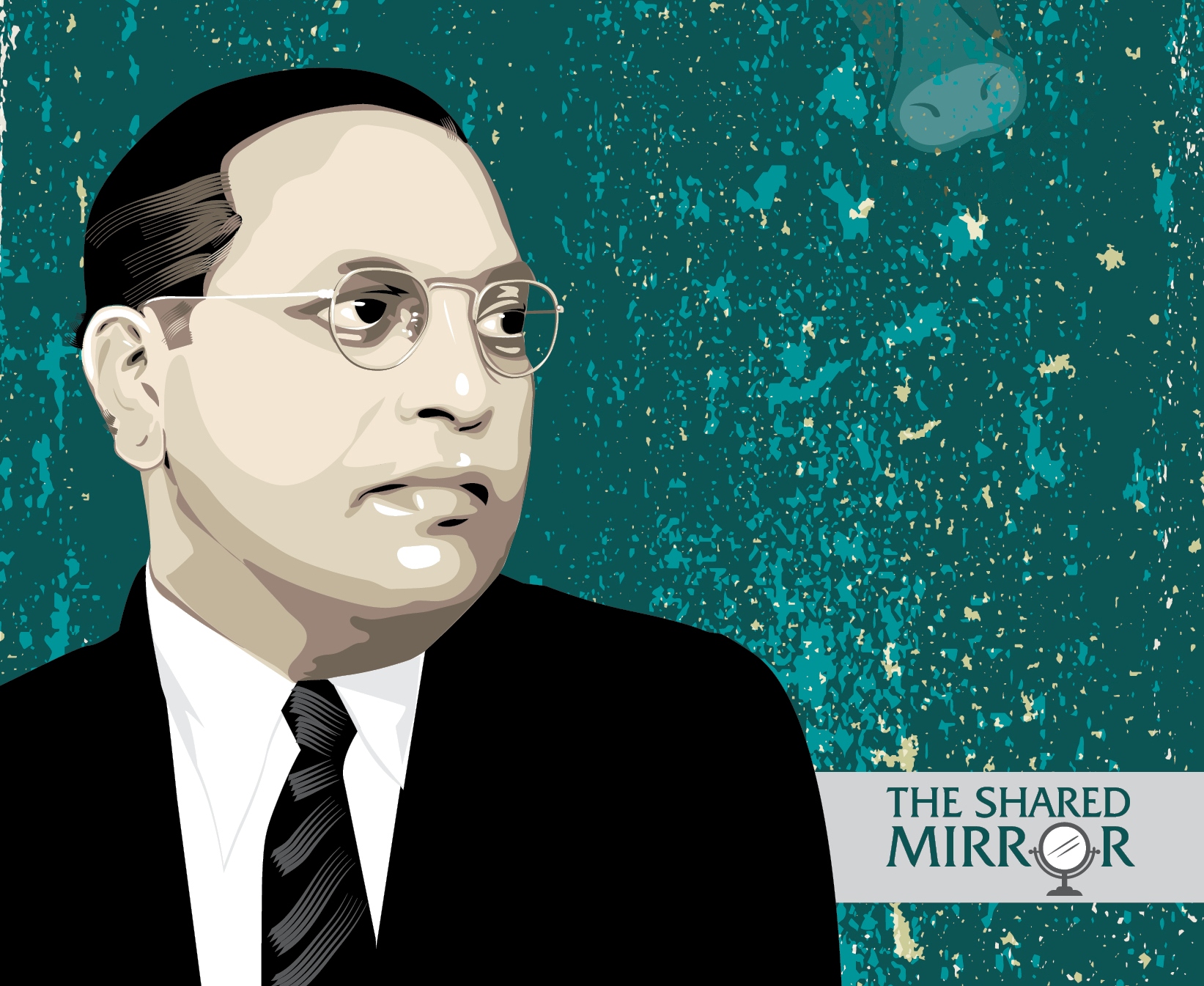SAVARI
There are big costs to be politicized against dominant ideologies and power structures. The extreme nature of penalties and violence borne by Dalit families in their self-determination efforts against the supremacist caste society are highlighted in the essays by journalist Rahi Gaikwad in the book What Babasaheb Means To Me. It reminds us that the rapid spread and ready co-option of celebrating Ambedkar Jayanti in urban campuses can disguise the real costs that communities have paid and continue to pay while creating egalitarian and transformative legacies for the whole society.
An excerpt from Rahi Gaikwad’s essay, Surviving boycott for Ambedkar’s sake
The local provision store turns them away. The flour mill refuses to grind their grain. The village well becomes a no-go zone. Barred from farm work, their daily wages stop. And a boycott begins.
Several Dalits in several villages in Washim and Hingoli district are reeling under the impact of boycotts, some lasting up to a year. What is their crime? Celebrating Ambedkar Jayanti and following his teachings.
A week ago, the Dalits of Pimpalgaon in Maharashtra’s Washim district began to receive water supply through a tanker. Till recently, they could not draw water from the fields of the Maratha landowners and had to travel five kilometres from the village to fetch it.
Caste conflict began with a Dhamma Shibhir (Buddhism workshop) they organised on the Republic Day in 2015, which took a violent turn during the Ambedkar Jayanti that year. “We had invited a guest from Mumbai to guide us on Ambedkar’s Twenty Two vows1. While all of us were sitting in the vihar, Vishnu Nirgude (from the Maratha community) stormed inside and threatened us. He said he would bring 10-12 strong youths with him and show us Brahma, Vishnu, and Mahesh2,” said Datta Tayde, a farm labourer, a portion of whose house was set on fire in the subsequent violence unleashed a few months later.
(Mathura Khilare and Vidya Tayde)
You can buy your copy of What Babasaheb Means To Me on Amazon.in
